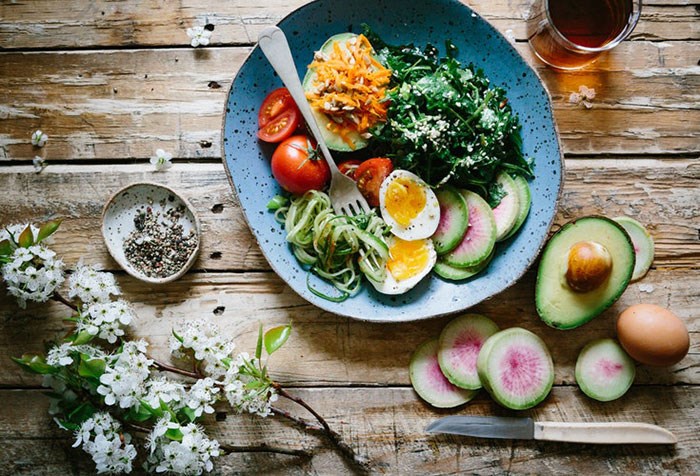 Photo: Unsplash
Photo: Unsplash
People who say they don’t like eggs just clearly don’t know enough about them, because in addition to being delicious and nutritious, eggs are surprisingly fascinating, particularly here in BC.
BC has a unique history with the beloved egg, one which continues today with modern traditions of the province’s family-run egg farms.
But, did you know...
1. The egg carton was invented in Smithers, BC!
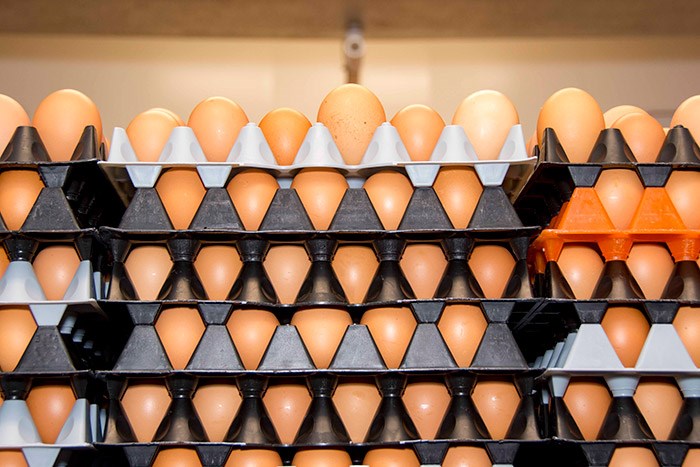 Photo: BC Egg
Photo: BC Egg
Joseph Coyle invented the carton in 1911 to solve a dispute about broken eggs between a farmer in and the owner of the Aldermere Hotel. Early egg cartons were made of paper.
2. BC egg farmers care for almost 3.1 million hens
The result is 82 million dozen eggs in BC every year!
3. New research has found that eating whole eggs versus an egg-white-only meal does a better job repairing muscles after exercise.
You can read the full study .
4. Steroids and hormones are not approved for use in laying hens in Canada.
This means that none of the eggs you can buy at the grocery store contain added steroids or hormones.
5. BC farmers follow strict
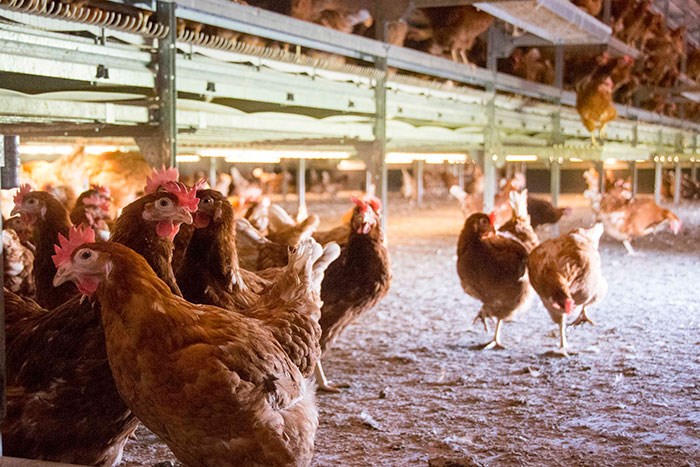 Photo: BC Egg
Photo: BC Egg
These guidelines ensure that hens have outdoor range access 120 days a year – for six hours per day minimum.
6. About 25% of BC eggs are considered cage-free
That’s well about the national standard.
7. Grade A eggs are determined by the following criteria...
Condition of the shell, the size of the air cell, and whether the yolk is well-centered.
8. BC eggs are regulated by BC Egg
BC Egg is a non-profit organization that oversees and manages the province's egg farming industry.
9. BC eggs typically arrive at the store within 4-7 days of being laid by hens.
Very fresh.
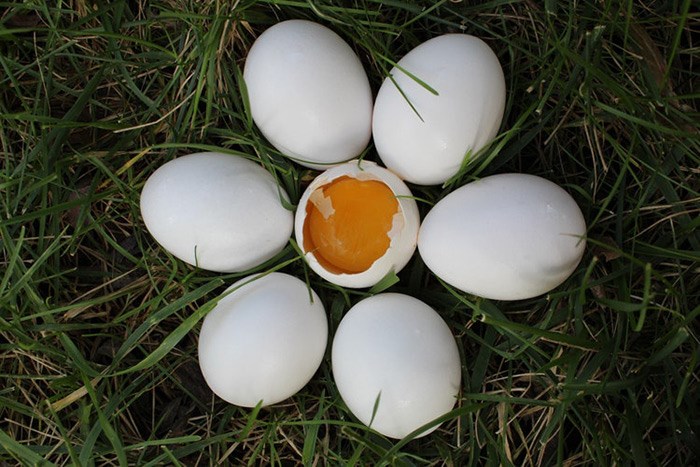 Photo: Unsplash
Photo: Unsplash
Even though some cartons say “raised without the use of antibiotics”, no Canadians eggs are legally allowed to contain them.
10. Approximately 18% of all egg production in BC is sent to the breaking plant in Abbotsford
These eggs are then made into liquid, frozen, or used in dried egg products.
11. There’s no nutritional difference between white and brown shelled eggs.
White eggs are laid by white hens, and brown eggs by brown hens. Yolk colour however, depends on the diet of the hen.
12. BC is home to almost 140 egg farmers, but there are one thousand of family-run egg farms across the country.
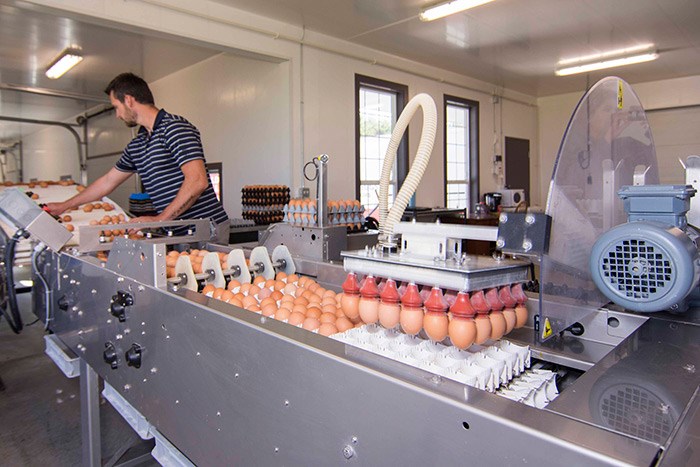 Photo: BC Egg
Photo: BC Egg
No matter where you shop, you should be able to find local eggs at the grocery store.
13. Brown eggs are sometimes more expensive than white eggs
Brown hen varieties are sometimes bigger and require more food, space and upkeep.
14. You can trace the origin of your BC eggs
By using this online tracker .
15. Eggs contain all nine essential amino acids our bodies cannot make on their own.
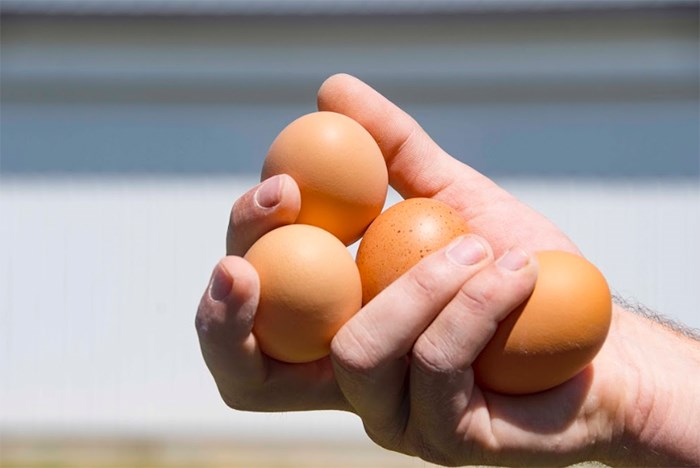 Photo: BC Egg
Photo: BC Egg
16. It only takes a hen about 24 hours to produce a single egg, resulting in 300+ eggs per year.
17. About 80% of BC registered egg farmers are located in the Lower Mainland and Fraser Valley
10% are located in the Interior, and another 10% on �鶹��ýӳ��Island.
18. When it comes to eggs, “best before dates” refer to the eggs’ Grade A Quality
If you use your eggs after their best before date, they’re best used for baking as opposed to poaching or frying.
19. After a few flat years, owing to a false cholesterol scare, egg sales in Canada have skyrocketed, resulting in 27% growth over the last decade.
20. If you were to eat an egg raw, you’d only get a fraction of the protein that you would get from a cooked egg.
A recent study by Belgian gastrointestinal physiologists suggests that humans can only digest 50% of the protein from an uncooked egg.
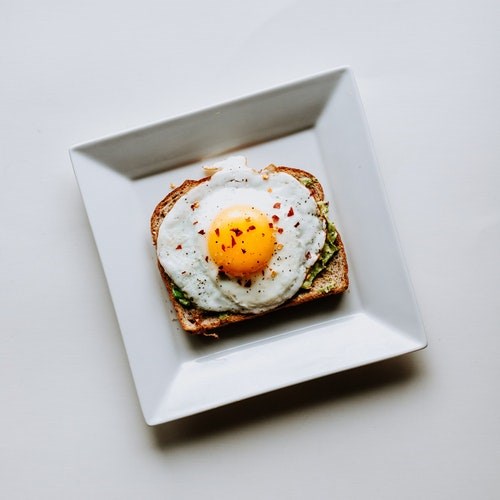 Photo: Ben Kolde / Unsplash
Photo: Ben Kolde / Unsplash
If you want to know even more about BC eggs, or are simply craving some new recipe ideas, visit


